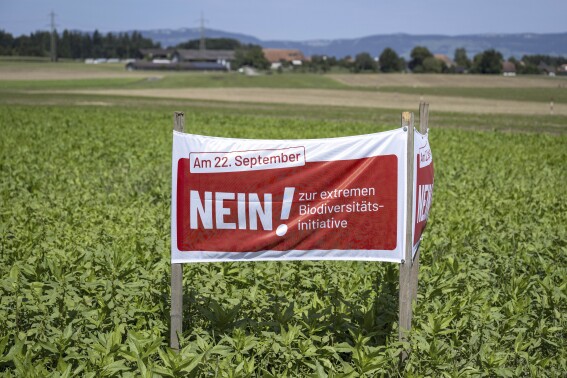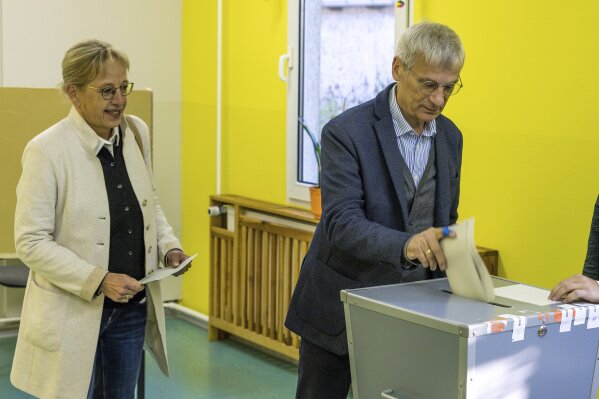
Rachel Reeves has been warned of the “perilous” impact of increasing pensions and capital gains taxes, as economists claimed this would damage living standards, discourage saving and harm growth.
Ahead of next month’s Budget, the Institute for Fiscal Studies (IFS) has urged the Chancellor not to be tempted by the “superficially appealing” prospect of restricting upfront tax relief on pension contributions.
While such a policy would allow Ms Reeves not to break her promise of raising taxes on working people, the think tank said it would damage incentives for people to save and result in a more “jumbled” tax system.
It said that launching a blanket raid on capital gains would also backfire, with tax increases acting as an “ever-greater drag on saving and investment”.
Ms Reeves has previously called on higher rate pensions contribution reliefs to be “restricted”, though she has since backed away from recommendations first made in 2018.
Capping upfront income tax relief for pension contributions at the basic rate of 20pc would cost savers £15bn, while introducing a flat 30pc rate of pension tax relief would result in a £2.7bn bill.
Restricting reliefs would affect up to 6m higher and additional rate taxpayers, and cost the wealthiest savers around £2,600 each.
Internal Treasury analysis suggests that equalising capital gains with income tax rates could raise up to £6bn a year.
However, with just 369,000 people paying the tax last year, the IFS warned that making big changes to a “relatively narrow tax base” meant revenues would be unpredictable.
‘Jumbled tax system’
The IFS said: “Capital gains tax would need to be carefully reformed or else tax rises would risk acting as an ever greater drag on saving and investment. These are not tidy-minded quibbles.
“Poorly designed taxes distort taxpayer behaviour in ways that hamper growth and, ultimately, damage living standards. Unlike the broad-based tax rises on income and spending that Labour has ruled out, raising large amounts of money from either pensions taxation or capital gains tax would also mean making a big change to a relatively narrow tax base.
“All else equal, that will tend to mean more uncertainty in how taxpayers will respond.”
The think tank said Ms Reeves had boxed herself in by ruling out increases in income tax, National Insurance, VAT or corporation tax, which it said “comprise just shy of 75pc of all tax revenues”.
The IFS said: “Measures that raise big revenue are few and far between and – assuming Ms Reeves intends to stick to her party’s manifesto commitments – pensions taxation and capital gains tax are perhaps the most likely candidates. Both could be perilous.
“Restricting up-front income tax relief on pension contributions is superficially appealing but would make for an ever more jumbled tax system and add to economic distortions.
“While no reason to hold back from sensible reforms, this could make it harder for the Government to estimate how much revenue it can expect to raise from any changes it makes.”
While the IFS warned Ms Reeves against hasty reforms to capital gains and pensions, it said making companies pay National Insurance on money contributed to staff pension schemes and ending the “absurd exemption of some pension pots from both income tax and inheritance tax on the death of the owner” would be “positive” steps.
The former policy could raise up to £17bn, according to the IFS.
Disclaimer: The copyright of this article belongs to the original author. Reposting this article is solely for the purpose of information dissemination and does not constitute any investment advice. If there is any infringement, please contact us immediately. We will make corrections or deletions as necessary. Thank you.



